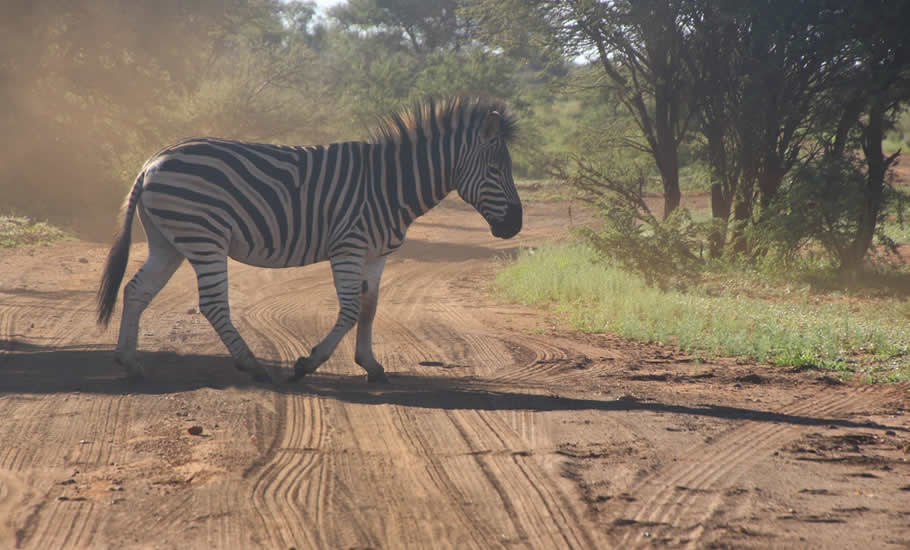Lake Mburo National park is situated in the western part of Uganda in Mbarara district neighboring Mbarara city in Mbarara district. Lake Mburo national park is the smallest savanna park in Uganda and covers a total area of 370 square kilometers ranging between 1220 to 1828 meters above seas lever. The areas of the park that is made of wetlands are equivalent to 20%.
This park is the closest park to Uganda’s capital city Kampala and it takes only 3hours to reach the park covering a distance of 228 kilometers. The park is comprised of the whole lake known as Lake Mburo and it’s the only place where you can find the Impalas in Uganda. Despite its small size, this park offers a lot to the visitors including wildlife safaris game drives, boat cruise safaris, guided nature walk safaris, horseback riding, bird watching tours as well as offering great scenery for photography and filming tours.
Culturally, the Ankole culture around Lake Mburo has it that once upon a time there lived two brothers named Mburo and Kigarama who were living in the valley adjacent to the park. Kigarama one day got revelation via a dream that at any time the valley they were occupying would face danger and suggested that they vacated the valley, a revelation that was rejected by Mburo. Kigarama went ahead and shifted to nearby hills and after some time, the valley was flooded and Mburo was drowned instantly. The flooded valley became Lake Mburo and the nearby hills where Kigarama shifted to were named Kigarama hills.
Lake Mburo National park lies in the rain shadow in between Lake Victoria and the Leeward side of Rwenzori Mountains and this makes it receive an average rainfall of 798 millimeters annually. Lake Mburo national park is strategically located and it can act as a stopover from Kampala city to other destination parks in southwestern Uganda including Bwindi and Mgahinga gorilla parks which makes it appealing to travelers and Queen Elizabeth national park make. You can as well attend your workshop in Kampala and then after go ahead and participate in wildlife game drive safaris in Lake Mburo National park.
Lake Mburo National park had unsettled past full illegal poaching activities carried out by local who was adjacent to the national park and at times this led to the elimination of wildlife. Lake Mburo commences as a hunting area in 1933 and was later turned into a game reserve in 1963 and later to a game park in 1983 in a bid to eliminated the Banyakole poachers and encroachers of whom some were assisting rebels of NLA who was against by Obote regime. After the Obote was overthrown the poachers still regained the park and chased away all the park staff.
The new government could only reclaim half of the park and this explains why its size is small. However, the government through the Uganda Wildlife Authority has worked closely with local people and makes sure the wildlife and humans exhibit mutual relationships.




